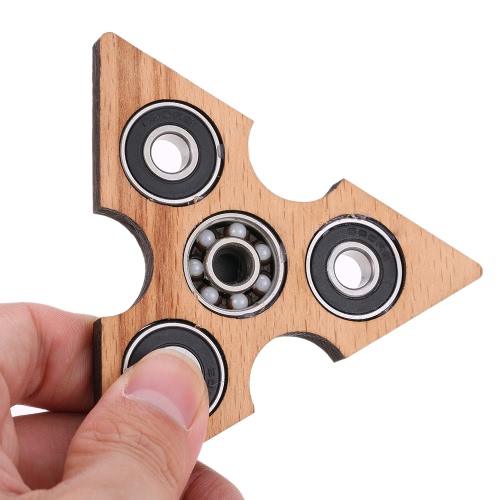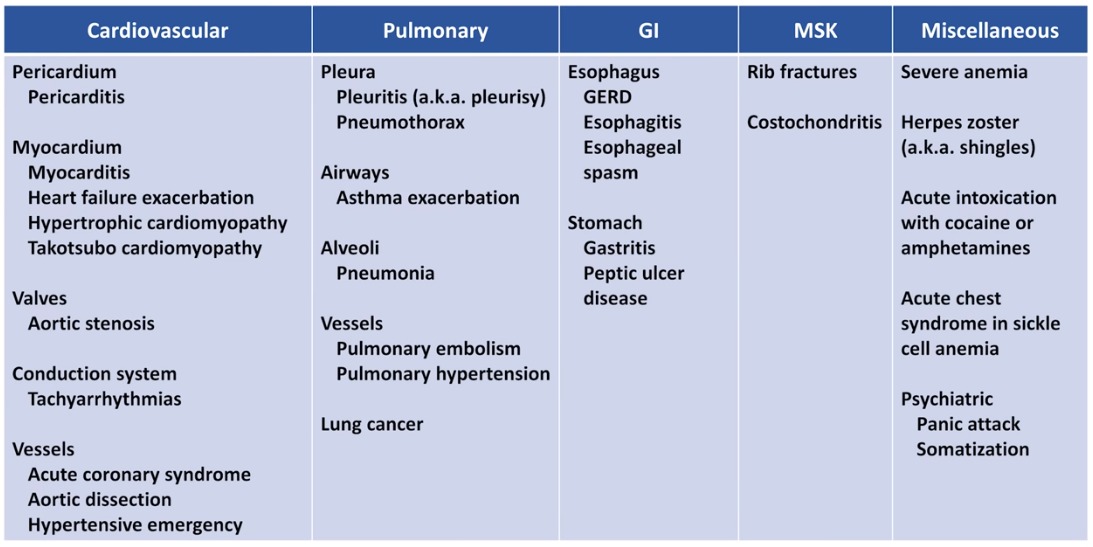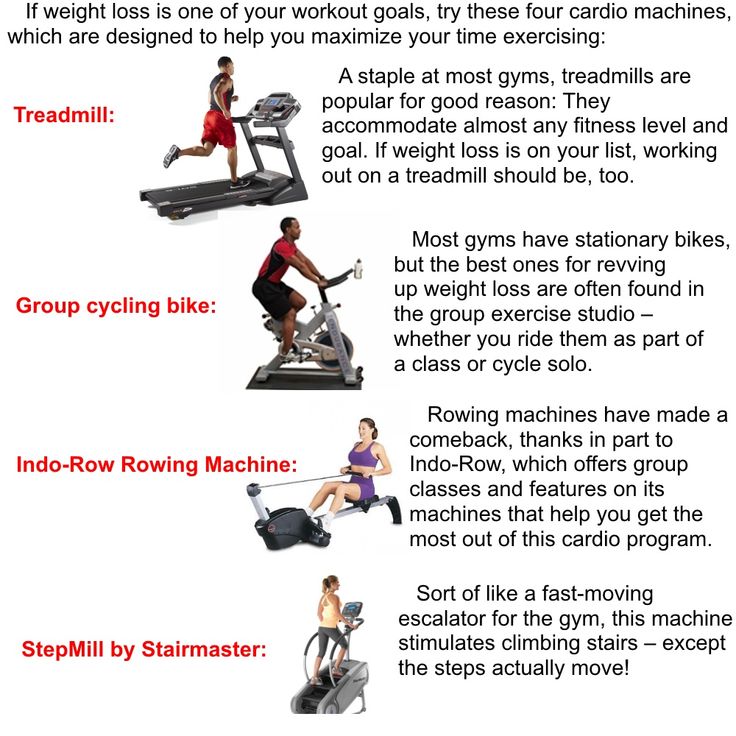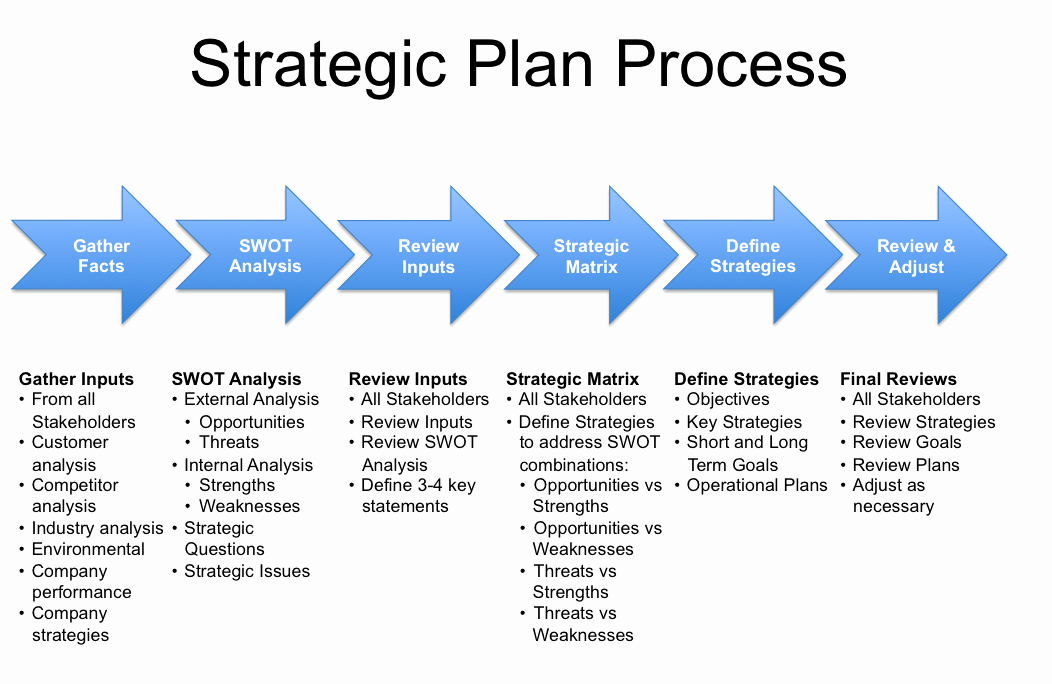How to not be prideful
20 Ways to Get Rid of Pride
Photo by Madison BersuchProud people are annoying, right? They are those who always think they are better than others and never get tired of flaunting their accomplishments. Worse, they can be aggressive if you outshine them—they would not accept defeat.
As you do not like prideful people, you have to be careful not to be like them so others would not be annoyed with you as well. You have to evaluate yourself from time to time to make sure your feet stay on the ground.
If you are struggling with pride and you want to get rid of it, here are 20 ways that can help you do it.
1. Do not compare yourself with anyone else.This is the usual culprit of pride—comparison. So that you will not think too good about yourself, avoid checking how you do by comparing your achievements and capabilities with other people.
2. Do not compete against anyone.In connection with the first tip, do not aim to be better or higher than anyone else. This will affect how you treat others because everyone becomes a potential threat to you. If competition is an effective motivating force for you, then just compete with your past self so you will be determined to be better.
If someone does better than you in one area or another, then accept that truth and do not resent the person. Remember that there will always be someone greater than you so accepting this fact and being happy for those who stand out will save you from bitterness and poor social life.
4. Encourage those who are weaker than you.If someone does not do well as you do, cheer that person up and sincerely encourage him/her. If you can, then be willing to help him/her to improve. Do not be afraid that s/he might exceed you.
5. Admit your mistakes.Whenever you have committed a mistake, be humble enough to admit it. Knowing when you are wrong and admitting it is a sign of maturity and wisdom. Moreover, only courageous people can do this.
Moreover, only courageous people can do this.
It is not enough that you admit your mistake. You have to sincerely face the people you have hurt or done harm and apologize. Together with this, you need to accept open-heartedly whatever their response would be to your apology.
7. Practice sportsmanship.In competitions, it is normal that someone wins and someone loses. Prepare your heart for the truth that you cannot be the winner all the time—but that is part of improving your craft. In case you lose, stop crying foul but rather genuinely congratulate the winner.
8. Do not let appreciation get into your head.Too many praises and appreciations could make your head grow big. To avoid this from happening, just treasure in your heart those appreciations you receive but do not meditate on them. Always evaluate yourself to make sure pride has not got into your head.
Envy and jealousy can cause pride too. Since you want to prove you are better than the subject of your envy you tend to compare yourself with that person, highlight your advantages and his/her flaws.
Photo by mohamed_hassanALSO READ: How to Overcome Envy: 14 Ways to be Happy and Content
10. Be content and thankful for what you have.This does not mean that you should not aim for greater things—you always have to persevere to achieve them. However, while you do not have them yet, be content and grateful for what you currently possess. This will stop you from being envious of what others have, which could lead you to compete.
11. Put others before yourself.Another trait of being humble is being selfless—putting the needs and interests of others before yours—just do not overdo it so your kindness would not be abused.
12. Do not demand attention and respect.
Never demand special treatment, acknowledgment, or respect from others no matter what your position or credentials are. Like trust, respect is earned, and being unassuming is the first step to it. As the Bible says, do not exalt yourself because even God resists the proud.
13. Treat others like how you want to be treated.If you want to be respected, then you have to respect everyone else. If you want to be served, then you have to serve others too. Never think you deserve better treatment than how you treat others.
14. Serve others.Do not wait to be served like you’re royalty. Be willing to serve anyone, especially those who are less privileged than you. Even Jesus washed the feet of His disciples.
15. Do not think highly of yourself.No matter how high your education level is or how much you have in the bank, never think that you are better or more important than anyone else. The more blessings you have received, the humbler you should be. Notice how the more fruits a tree branch has, the lower it bows.
The more blessings you have received, the humbler you should be. Notice how the more fruits a tree branch has, the lower it bows.
Moreover, stop flaunting your accomplishments and titles. Instead of impressing people you might annoy and disgust them.
17. Let others notice your strengths or positive traits.Stop telling others how good you are at something. Let them discover that and appreciate you. What could be worse than boasting you are the best only to find out that the one you are talking to does better than you?
18. Submit to the authorities set above you.You have to respect and submit to authority figures like your parents, teachers, boss, government officials, and spiritual leaders. Even if sometimes they seem wrong, you have to honor their authority because they have been appointed to be accountable for you.
19.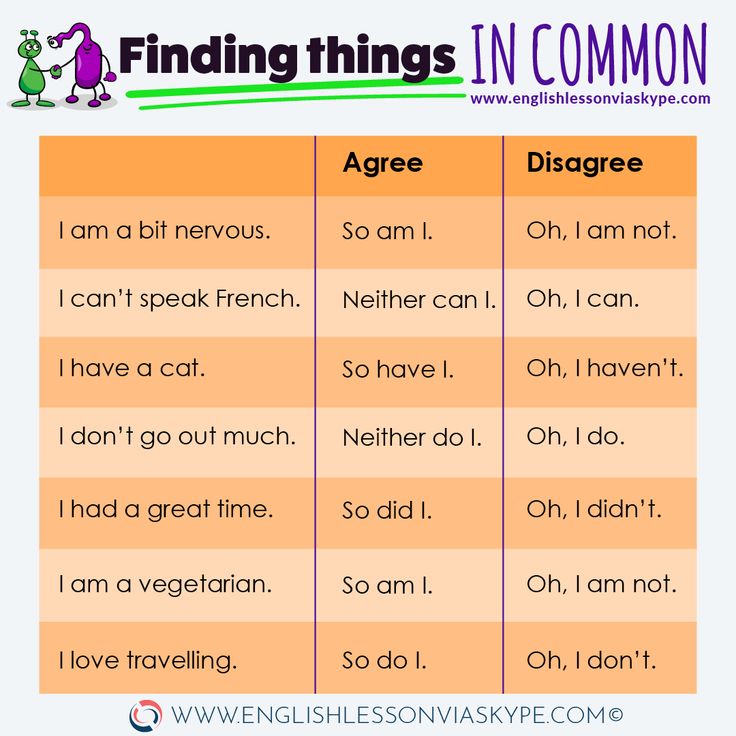 Associate with those who are weaker or ‘lower’ than you.
Associate with those who are weaker or ‘lower’ than you.Do not be an ‘untouchable’ to those considered ‘underdogs’. Being intimidating may seem cool (yeah, because you are cold) but if you want to be considered hot, then you need to be warm and approachable to people from all walks of life.
20. Always thank those who help or serve you, even in small things.Gratitude is one of the best traits of a humble person. Thank everyone who does something helpful to you like the waiter who serves you or the guard who holds the door for you. Make “thank you” your favorite line.
God Exalts the HumbleIf you are a humble person, no one will touch you. It will help you gain more friends and win the hearts of many. Plus, it will give you peace of mind and a happy heart because no one or anything threatens you.
Moreover, if you want to reach the top, starting at the bottom is the first step. Let God be the one to bring you high.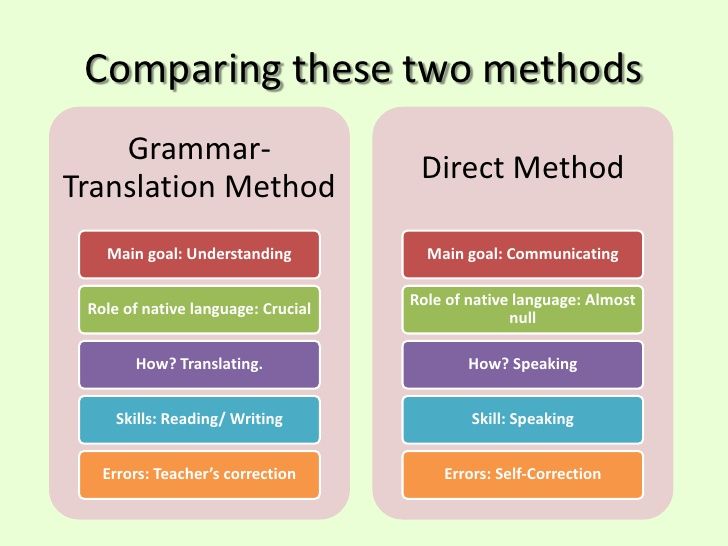 As James 4:10 says, “Humble yourselves before the Lord, and he will lift you up”.
As James 4:10 says, “Humble yourselves before the Lord, and he will lift you up”.
- Create A Simple Daily Success Routine To Transform Your Life
Introducing ‘The Amazing Routine’ – Boost your Happiness, Confidence, Focus, Motivation and Power. - Life Mastery – Happiness, Health & Success
Practical techniques to successfully master work-life balance, happiness, and goal setting; If you feel like things aren’t turning out as you’d dreamed, you want to progress faster, or you’re overwhelmed with stress and worry, then this course will CHANGE YOUR LIFE.
* As an Amazon Associate I earn from qualifying purchases.
Gift ideas for yourself:
* As an Amazon Associate I earn from qualifying purchases.
ALSO READ:
7 Ways to be Humble in a Relationship
Cyril Abello
Joan is a freelance blogger who loves writing about personal development. She also loves learning and teaching languages. A Communication Arts graduate, she now pursues a masters degree in Language Teaching. She is into mobile photography, writing poems, and reading for leisure.
7 Ways To Overcome Pride
Home » Self-help » 7 Ways To Overcome Pride
by Eric
Being arrogant and prideful is a good way to not make friends. It's also a good way to push away the people you have in your life.
Nobody wants to have any kind of relationship with a prideful person. You, yourself, probably don't want to deal with a person who has pride.
Pridefulness can make us selfish and uncaring. Beyond pushing people away, pride can keep you from growing as a person.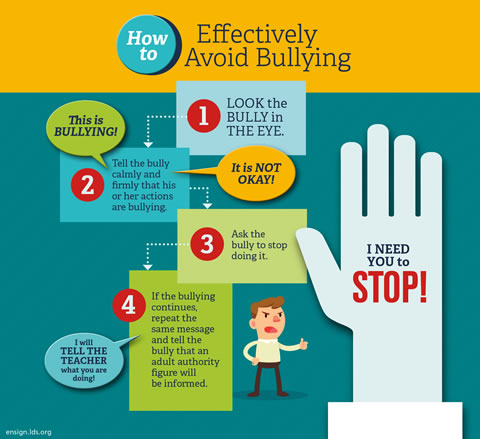 Thinking too highly of yourself means you won't listen and learn from others.
Thinking too highly of yourself means you won't listen and learn from others.
Here are some tips to help you be less prideful and have less ego. You can also learn more on this topic in our article on How To Be Humble But Confident.
1. Be self-aware
Verywell Mind describes self-awareness as being aware of our traits, behaviors, and feelings. Stop to consider if something you're doing right now is too prideful. Questions you can ask yourself are:
- Do I brag about myself a lot?
- Do I often refuse help from others?
- Have I acted like I'm better than someone recently?
Be as honest with yourself as possible. Ask someone you trust if any of these things seem true about you. Knowing how you're prideful can help you better know how to change.
2. Stop comparing yourself to others
A part of pride is thinking we're a lot better than others. It takes comparing yourself to someone to do that.
Choose not to think about who you are as a person compared to someone else.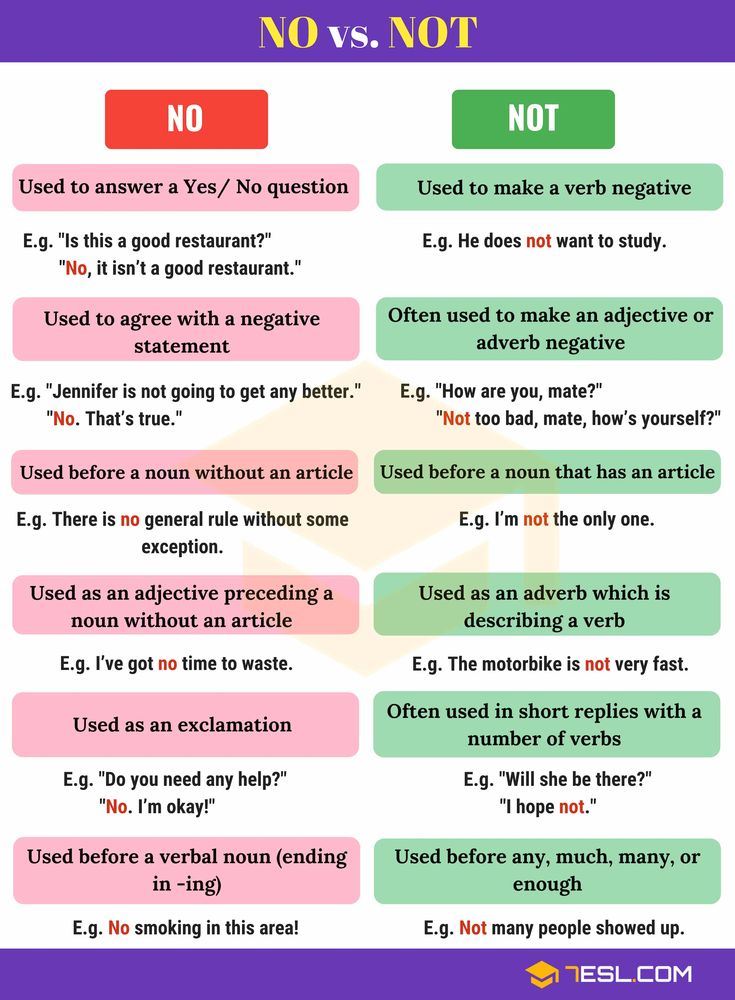 You don't need to look down on someone else to feel good.
You don't need to look down on someone else to feel good.
We're all unique in our own way. Appreciate your uniqueness, and appreciate everyone else's uniqueness.
3. Follow someone's leadership
Prideful people usually want to be the boss of everything. You can learn to be humble by following someone else's leadership.
Being a follower means you have to respect someone else's authority. You have to accept someone being in a higher position than you.
Being directed by another person takes humility. Find a group or work situation where you have to follow someone's leadership. When you're in this situation, be respectful as you get told what to do.
4. Let people help you
A good way to be more humble is to let people help you out more. Ask someone for advice on something you're struggling with.
Request a favor from somebody. Go out of your way to seek help from someone. Allow yourself to be helped and thank the person for doing it.
5.
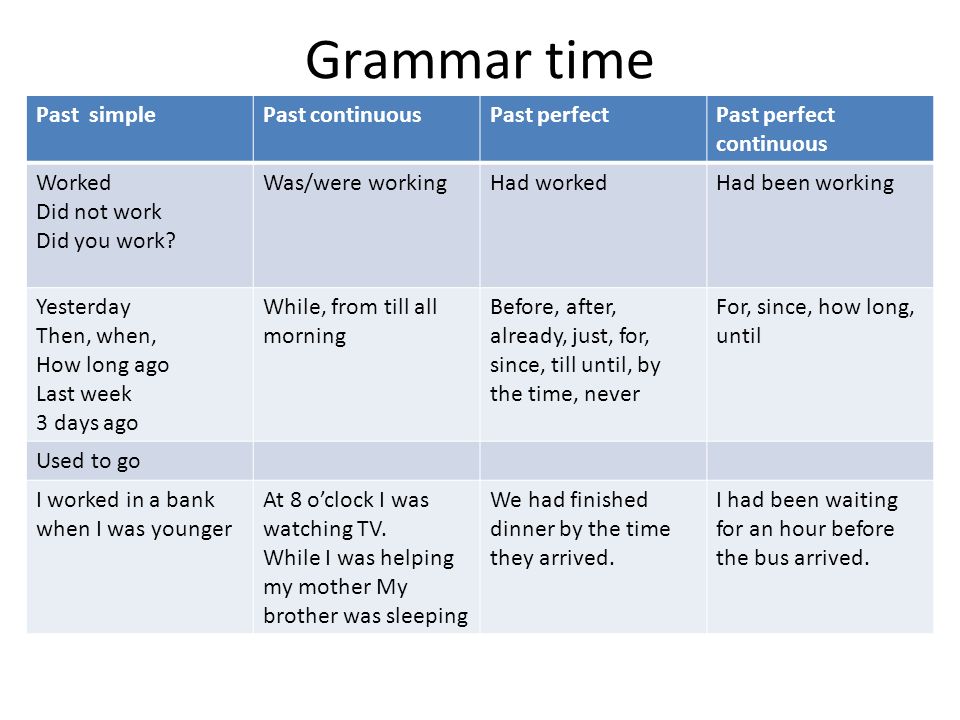 Praise others
Praise othersAs mentioned earlier, pride can lead you to spend too much time praising yourself. When you're tempted to brag about yourself, try bragging about someone else.
When someone tells you something they did, compliment them for it. Avoid trying to one-up them by speaking about something you did.
People appreciate it when others say nice things about them. Who knows, they might even say something nice about you in return.
6. Serve others
Pride makes you focus too much on doing things for yourself. Take time to focus on doing things for other people.
You could go out of your way to take care of a problem someone has. You could do a favor for somebody when they need it. Focus more on being selfless.
7. Forgive people
A prideful person tends to not be very forgiving of others. They hold a grudge towards any and everyone who's wronged them.
You can take a step towards being less prideful by forgiving those who've wronged you. Choose not to let go of your anger towards that person so you can have more peace of mind.
Choose not to let go of your anger towards that person so you can have more peace of mind.
It's easy for us to get full of ourselves from time to time. Remember that being humble is better for you in the long run. You'll have better relationships and a happier life.
0 shares
Join our FREE Mailing List:
Reader Interactions
How to stop being proud? 3 councils of psychologists, consultations
Svetlana 03.11.2015
Hello, my name is Svetlana. I am very tired of eternal problems. I never noticed how low I rate others. I became quick-tempered, I began to break down on relatives and friends. I lost a person who was very dear to me, and all because it is humiliating for me to come up first or call, even if I am to blame .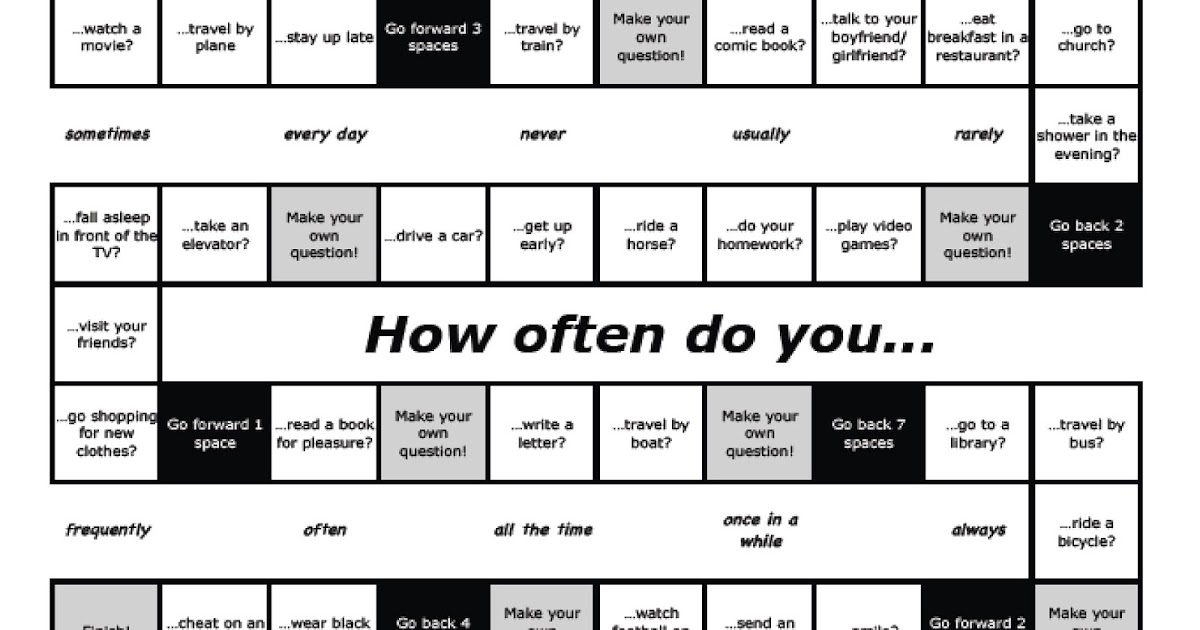 .. Now I can’t even talk to my family.
.. Now I can’t even talk to my family.
Similar question
How to learn to be proud? (1 answer)
Svetlana, searched in the text for a mention of pride, announced in the topic title
How to stop being proud?
but didn’t find it :( ...
The fact that you “elevate” due to the “humiliation” of others -
low estimate others
this is not about pride! And you don’t notice that this is happening. However, we noticed Do you humiliate others like that? In the face? Directly and tell the truth, point out how miserable, inferior they are and set yourself as an example? So? Or convince yourself of their inferiority in order to be against their background - wow !?
And it's not about pride
I became quick-tempered, I started to take it out on my family and friends
it's about not being comfortable in your life, which you devalue (by analogy with the depreciation of others).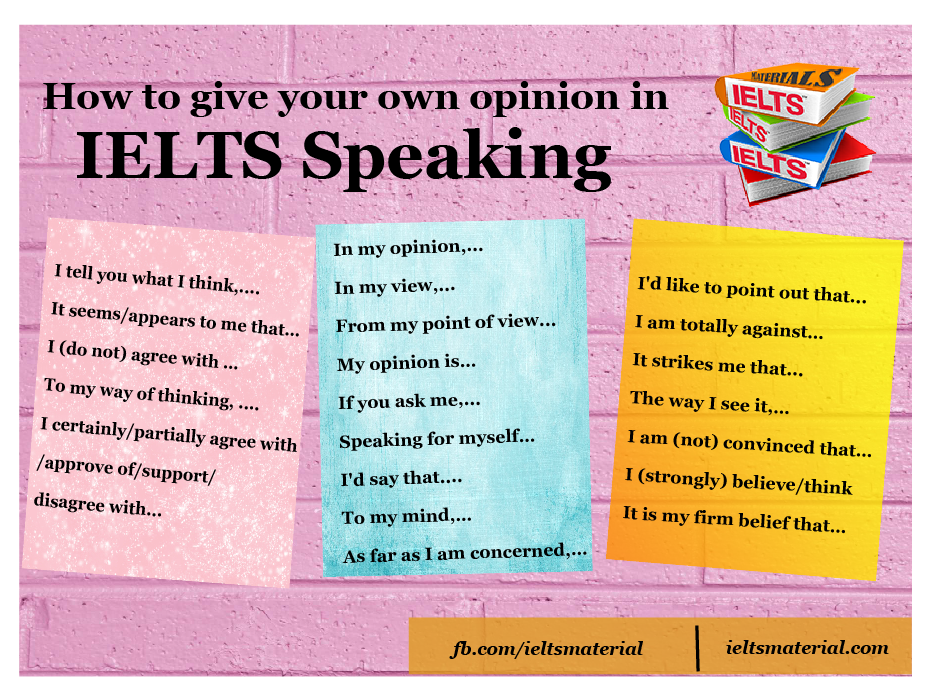 Maybe I will join their ranks too :)...
Maybe I will join their ranks too :)...
To admit that I was wrong
It is humiliating for me to be the first to approach or call, even if I am to blame..
this is a sign of maturity, wisdom, responsibility for one's actions. ..
And so ... Like a little girl - "I'll get frostbite to spite my mother"!
The above and this
Now I can't even talk to my family
I think it's not about pride, but about pride! And this is a completely different matter!
Consulting in Moscow, Orekhovo-Zuevo and its environs, via Skype
Similar question
How to stop being a "Mom" for a husband? (7 answers)
I estimate people around me low, I lose my temper - this is all a manifestation of aggressive behavior. But where the legs of such behavior grow from - you need to find out.
This is behavioral psychology - understanding where so much irritation has accumulated and replacing it with another model of behavior.
Get in touch.
Minets Tatyana Vladimirovna, psychologist Minsk
Similar question
How to stop being always dissatisfied with everything? (6 answers)
Svetlana
I am very tired of eternal problems
It seems to me that in your case, Svetlana, your fatigue is not connected with the problems themselves, but with the fact that you keep yourself in solving these problems, keep feelings that are difficult for you to experience, perhaps painful, perhaps ashamed.
Svetlana
how low I rate others.
Arrogance is a defense mechanism. And it seems that your psyche is defending itself from the same feelings that you resist experiencing (I assume all the same pain, shame, possibly guilt).
Svetlana
it is humiliating for me to come up first or call
I note that you evaluate yourself exclusively from a moral point of view, and this is always a cold and alienated position in relation to yourself. Look at this situation differently: humiliating means it hurts to experience your own humiliation. I suspect that you already feel humiliated (a variant of offended, small, rejected, etc.). Hence, resistance to situations in which you will have to face your own humiliation directly.
Look at this situation differently: humiliating means it hurts to experience your own humiliation. I suspect that you already feel humiliated (a variant of offended, small, rejected, etc.). Hence, resistance to situations in which you will have to face your own humiliation directly.
Svetlana, the advice is obvious, and it seems to me the only correct one is to visit a psychologist. In personal contact, it will become clearer to you what is happening to you, what is the reason, and how to change.
Good luck!
Stankevich Anzhelika Vyacheslavovna, psychologist Minsk
Similar question
How to stop being a victim of your husband? (6 answers)
Tips by categoryMoneyChildren---Pregnancy and childbirth---Preschoolers---Teens---Schoolchildren---Addictions---Alcoholic---Love---Drugs---Nicotine Health---Healthy lifestyle---Oncology- ---PsychosomaticsInteresting---Art---Fulfillment of desires---Society---ReligionsBeauty and appearance---Rules for weight lossCrises---Age crises---Crisis in the family---Personal crisis About death---Suicidal behaviorRecreationRelationships- --- Friendship---Conflicts and quarrels---Love---LonelinessEating behavior---Anorexia---BulimiaPsychology and psychologistsWork, business, career---Choice of profession---Conflicts at workSelf-knowledge---Goal setting-- -Self-EsteemSexFamily---Adult children and parents---Cheating---DivorceSleep and dreamsFears and phobias---Panic attacks---Anxiety, anxious statesStress and depression---Psychological traumaEmotions and feelingsI and psychologist---How to choose a psychologistOther
See also
How to stop being a "vest" for a loved one? 838 6 responses
How to stop being closed? 5144 5 responses
Threw a beloved man without explaining anything 1985 1 answer
Tired of a young man's family 1262 1 answer
All the advice of psychologists
what is the difference.
 the main signs of a proud person
the main signs of a proud person Each of us has heard two such concepts as pride and pride. Many of the people identify them, however, this is a mistake. There is a fairly clear difference between pride and arrogance, since these are two completely different emotional states of the individual. To understand what a proud and proud person is, one should dive into the psychological aspects of these emotions in more detail.
Pride: what is it?
To put it simply, pride means narcissism, pomposity and arrogance. The main reason for its appearance is internal fear. This is a kind of protection of the individual from attempts by others to offend or humiliate his dignity.
How it works? Very simple. A person who tries to protect himself from external influence begins to exalt himself over others, but at the same time has no basis for such behavior. As practice shows, such individuals are not self-confident, have many complexes, but refuse to recognize their presence.
Pride arises in a person who suffers from disrespect for himself and a lack of love.
A person who suffers from narcissism (this is how psychologists often call this feeling) treats others selfishly. He does not respect people, despite their status, occupation, age. The only thing he does is look for flaws in the interlocutor and be sure to point out them, not noticing his own negative character traits.
Important! In addition to the fact that pride in most religions is a mortal sin, this quality brings self-destruction to a person. Pride hinders development, since a person spends all his potential searching for enemies.
Pride: concept, signs
If we talk about the concept of pride, then this feeling is understood as deep joy and sincere happiness for the success of others or oneself. Simply put, a proud person is a person who knows what dignity and honor are. He never deviates from moral values, treats others fairly and appreciates their interests.
Pride is a feeling that coexists with love, responsiveness and spiritual kindness. It is pride that underlies patriotism - love for the Motherland. A person who is proud of the achievements of loved ones is a loving person who can share the success of another person without feelings of envy and malice.
Example. The child is a member of the school football team. Together with the team, they took first place in the regional competition. If we compare the achievements of the son with professional football players, then they are insignificant. But for a father, the result of a son is a matter of pride. For the further professional growth of his son, the man will do everything possible. The son, seeing the reaction of his father, absorbs the love of his parents and will strive for further development. Such children grow up as successful individuals who are alien to pride.
The difference between pride and pride
The line between these feelings is very thin. Anyone can jump it, which is why it is so important to know the key differences between the concepts.
Anyone can jump it, which is why it is so important to know the key differences between the concepts.
| Pride | Pride |
| It's a positive feeling. This feeling causes extremely positive emotions. | Pride destroys, prevents a person from growing as a person and as a professional. Feeling leads to envy, anger, resentment. |
| Everyone who could become a proud person strives to achieve high results from any activity. | Pride increases vulnerability. Unrealizable desires and fantasies that arise in a person hinder development and delay the achievement of a dream. |
| Pride is a springboard for personal growth, as a person understands that he has room to strive and develop. | Pride creates the illusion that the maximum growth opportunity has been reached. |
| A proud person cognizes the world, adequately perceives opinions that differ from his own position. He can sincerely rejoice not only for his own successes, but also for the results of others. | A proud person is usually cruel to others. He is closed in his own world and does not accept the achievements of other people. With any success, he will part with a successful partner without a share of regret. |
Important! In some situations, pride can transform into arrogance. If a person, realizing his own achievements, stops developing, then such a feeling arises, superficial pride. In such cases, inflated self-esteem, boasting and arrogance appear.
Causes of pride
Most of the psychological problems that a person faces come from the past. Pride is no exception - this feeling is formed in childhood. Therefore, it is important that the child experiences parental love in childhood, then his gestalt will be closed. If these feelings are not received by the child in childhood, then with a high degree of probability he will become an arrogant person in adulthood.
If these feelings are not received by the child in childhood, then with a high degree of probability he will become an arrogant person in adulthood.
In addition, in psychology, other reasons for the development of pride are distinguished:
- the child received the approval of the parents, but the praise was unreasonable;
- a feeling of envy - the more you envy, the stronger the desire to rise above others arises;
- excellent student syndrome - a psychological deviation in behavior, which manifests itself in the form of an obsession with getting a high mark for any action;
- irresponsibility;
- removal of guilt from oneself and shifting it to third parties;
- lack of self-criticism and complete non-recognition of criticism from others.
If a child constantly struggles to earn the love and approval of his parents, then a similar pattern of behavior will haunt him in adulthood. However, this will mutate into uncertainty, which will destroy fate.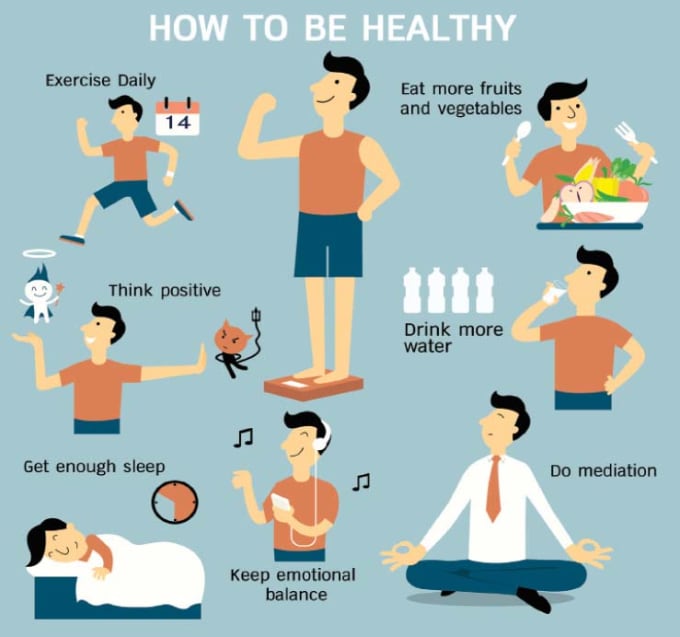 If you experience a proud feeling and do not know how to get rid of it, seek the help of a psychologist. Our doctors will find the root of the problem in an online conversation and select a therapy aimed at changing the worldview.
If you experience a proud feeling and do not know how to get rid of it, seek the help of a psychologist. Our doctors will find the root of the problem in an online conversation and select a therapy aimed at changing the worldview.
Signs of pride
It is easy to identify a proud person if you pay attention to the characteristic signs of pride:
- a person with pride firmly believes that all people around are wrong, make mistakes - only his point of view has a place to be;
- the proud person accuses others of stupidity, not paying attention to what is happening around him;
- pride makes others divide according to a certain hierarchy - at the top is the proud man himself, who even in his thoughts cannot assume that some person can be on the same level with him;
- if the proud man needs help, he can use it and offer his services in return, but this desire will be feigned and insincere;
- a proud person has an inflated self-esteem - he expresses the opinion that society without him will be inferior;
- for any business, a person proudly takes on his own - this will allow, in case of successful completion, to receive all the laurels of the winner;
- hyperresponsibility is another of the clear signs of pride.
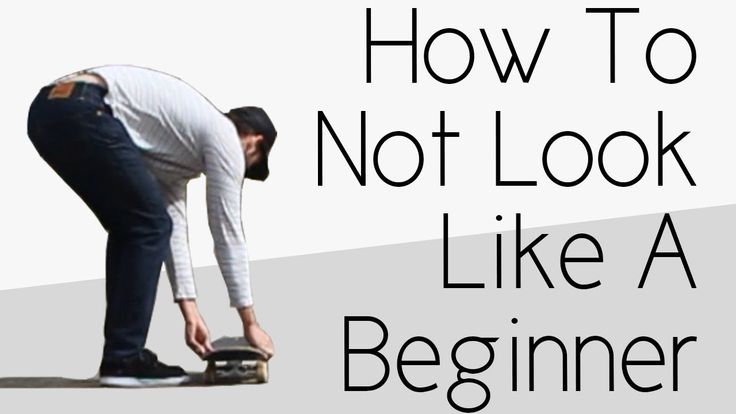 The person has a firm conviction that everything that happens around is solely his merit.
The person has a firm conviction that everything that happens around is solely his merit.
And, of course, proud people are eternally suffering individuals. Due to their hyper-responsibility and inflated self-esteem, they take on a lot of worries. But, unable to cope with the burden of responsibility, they begin to complain about life, about the environment, which cannot cope even with elementary things without his help.
Important! Pride and vanity are two feelings that are interconnected with each other. Without self-improvement, a proud man can earn delusions of grandeur, which will give the illusion of his own superiority. You can cope with these vicious qualities if you seek the help of a psychologist.
How to deal with pride?
Without awareness of pride, it is impossible to get rid of this quality. Therefore, the first thing that should happen is awareness of actions and evaluation of the results of actions. If a person does not want to change, to fight superficial pride, then it will not be possible to destroy his illusory world.
It is difficult to change from one behavior model to another and throw off rose-colored glasses. This process can take a day or even a month. Getting rid of excessive pride, which has grown into pride, will be effective only with the outside help of psychologists.
Many doctors are sure that you can get rid of arrogance if you do a job that the proud considers unworthy of himself. It can be work as a nurse, a cleaner, a janitor - the usual work that is not shameful for an ordinary person, but unbearable for a person with pride. During the performance of duties, a breakdown of his worldview system occurs - a person loses a sense of superiority, begins to live with mundane problems and worries.
Visiting places where there are people who have fewer resources for life has a huge impact. It can be an orphanage, a nursing home, a place of military operations. If a person begins to feel the unhappiness of others, then he can soberly assess his life. Pride fades into the background, and a desire arises in the heart to give a piece of their own well-being to those in need: things, money, food.
In the process of treatment, a proud person must learn to listen to the interlocutor, accept his position, feelings and emotions. It is important to show empathy, empathy, gratitude. After all, any sincere action, even if it is a simple good morning wish from a neighbor, should be positively assessed by a “sincere” thank you.
FAQ
Does pride really affect physical health?
+
Clinical scientists have conducted many studies in which they studied people who experience a sense of pride. Examples of pride were very different, but the result was the same - all participants observed the production of the hormone of happiness - serotonin. This chemical substance is able to suppress depression, reduce anxiety. In addition, the hormone promotes emotional stability, good sleep, digestion and wound healing. Therefore, yes, if a person experiences healthy pride, then this will positively affect her well-being and mood.
Who is most prone to pride?
+
Everyone can experience this feeling, regardless of their status, age, occupation. Therefore, it is impossible to say that a show business star is more prone to pride than a bank employee. Moreover, to some extent, each person is faced with this emotion, but the degree of its manifestation is different for everyone.
Is it possible to develop a sense of pride on your own?
+
You can get rid of pride and learn to love yourself. Only accepting yourself as natural, with all the vices and mistakes, will allow you to get rid of narcissism and gain a sense of pride in your own successes.
Expert opinion
Pride and arrogance are two close, but so far apart concepts. Pride inspires, motivates to work, development. Pride suppresses ambitions, suppresses any attempts to improve one's own "I". Don't block your path to the future - fight narcissism at its very core so you can live with your head held high, be respected by others, and just be a good person.
We publish only verified information
Article author
Monakhova Albina Petrovna clinical psychologist
Experience 17 years
Consultations 1439
Articles 292
Specialist in clinical psychology. Help in finding tools for self-realization, working out beliefs, fears and anxieties. Work with self-attitude, internal boundaries, understanding of interaction with society through conscious personal changes.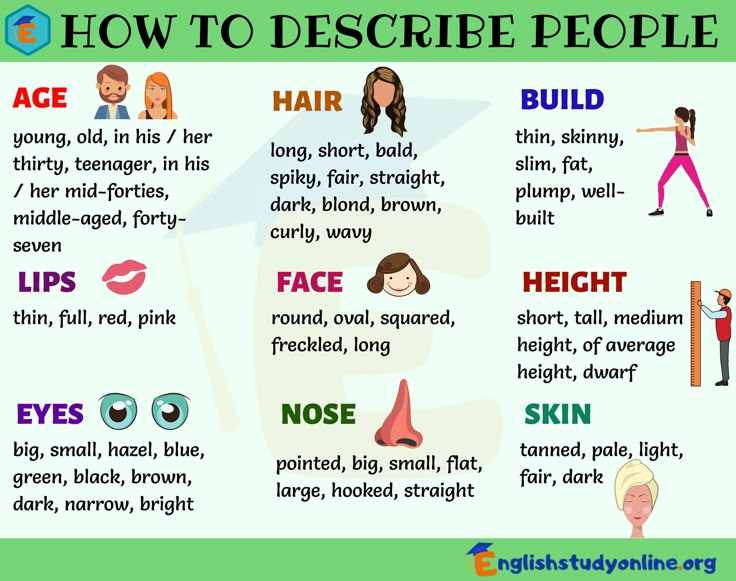
 "Ideality" causes an arrogant attitude towards others.
"Ideality" causes an arrogant attitude towards others. 